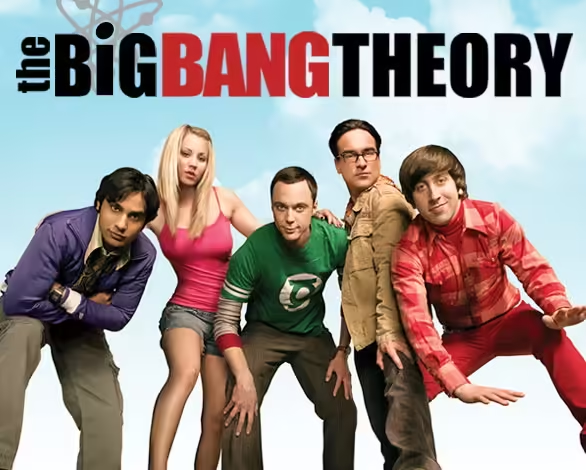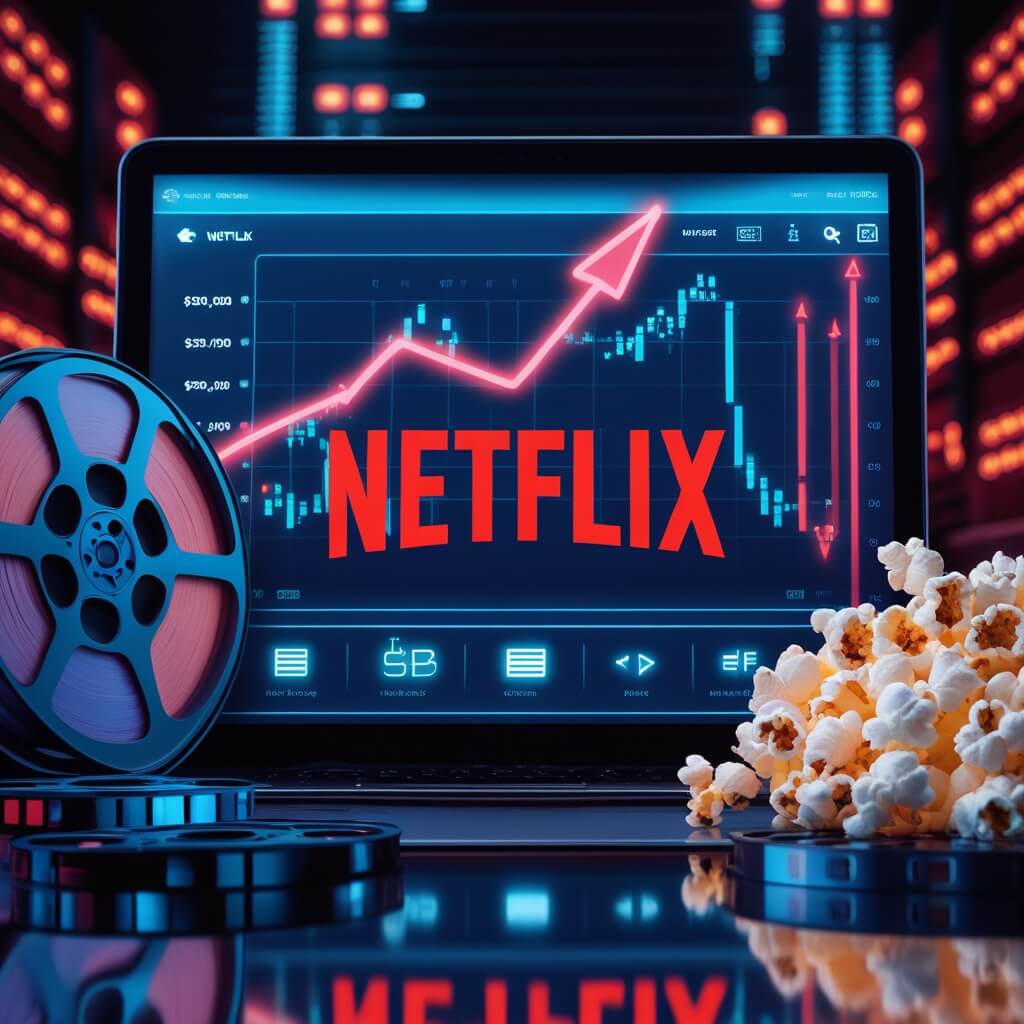The Big Bang Theory’s Cultural Revolution: A New Era of Geekdom
On September 24, 2007, The Big Bang Theory made its television debut, changing the landscape of TV and pop culture forever. This groundbreaking show centered around a group of brilliant but socially awkward scientists, diving deep into their quirky world filled with comic books, science fiction, and complex scientific principles. It wasn’t long before it grew into a global sensation, making “geek culture” more mainstream than ever before.
A Sitcom That Reshaped Pop Culture
At its core, The Big Bang Theory was a sitcom about friendship, relationships, and social dynamics. However, what set it apart was its unapologetic embrace of geek culture. Characters like Sheldon, Leonard, and Raj became icons, not just for their eccentricities but for celebrating intelligence, curiosity, and the pursuit of knowledge. The show’s ability to balance humor with intellectual content made it accessible to a broad audience, from those who knew the intricacies of quantum mechanics to those who simply enjoyed the humor.
Science Meets Comedy: The Formula for Success
What made The Big Bang Theory so unique was its use of real scientific references. Every episode was laced with actual scientific discussions and terminology, reviewed by physicist David Saltzberg to ensure accuracy. Fans appreciated this authenticity, and it became a hallmark of the show. Despite its intellectual undertones, the sitcom was relatable because it intertwined science with the everyday struggles of friendship and romance, making the characters’ genius both impressive and endearing.
Bringing Geek Culture to the Forefront
Before The Big Bang Theory, elements of geek culture, such as comic book conventions, superhero fandoms, and gaming, were largely niche interests. The show’s popularity helped change this narrative, bringing these interests into the cultural mainstream. Geek culture was no longer something to hide, but something to proudly embrace. People from all walks of life began to identify with characters like Sheldon and Leonard, who proudly displayed their passion for science, technology, and fantasy worlds.
The Impact on TV and Beyond
Over its 12-year run, The Big Bang Theory redefined what it meant to be a nerd in modern society. The show received numerous accolades, won multiple awards, and left a lasting impact on TV. Its characters grew to become beloved cultural icons, and the show sparked discussions around topics like mental health, particularly with Sheldon Cooper’s portrayal of a character with obsessive-compulsive tendencies and social anxiety.
Beyond the show’s run, its legacy continues in reruns, streaming platforms, and even merchandise. From T-shirts to Funko Pops, The Big Bang Theory solidified its place in geek culture, turning what once was considered “uncool” into something celebrated worldwide.
A Legacy That Transcends Television
With the final episode airing in 2019, The Big Bang Theory left an indelible mark on the entertainment industry. It didn’t just make people laugh—it educated and inspired audiences to take pride in their passions. As the show celebrates the anniversary of its debut, it’s clear that The Big Bang Theory wasn’t just a TV show—it was a cultural movement that gave a voice to a previously underrepresented community.
“Smart is the new sexy.” – Sheldon Cooper, The Big Bang Theory
Conclusion – Big Bang Theory’s
The premiere of The Big Bang Theory on September 24, 2007, was more than just the start of a TV show. It marked a shift in how geek culture was perceived in mainstream media. With its combination of humor, science, and memorable characters, the show became a beloved cultural phenomenon, influencing entertainment, fandom, and even public perceptions of scientists. Even today, The Big Bang Theory remains a lasting symbol of how television can shape and reflect societal attitudes, proving that it’s more than okay to embrace your inner geek. Whether you’re a fan of the witty banter, scientific facts, or the lovable misfits, the legacy of The Big Bang Theory continues to thrive, bringing people together through shared interests and laughter.



